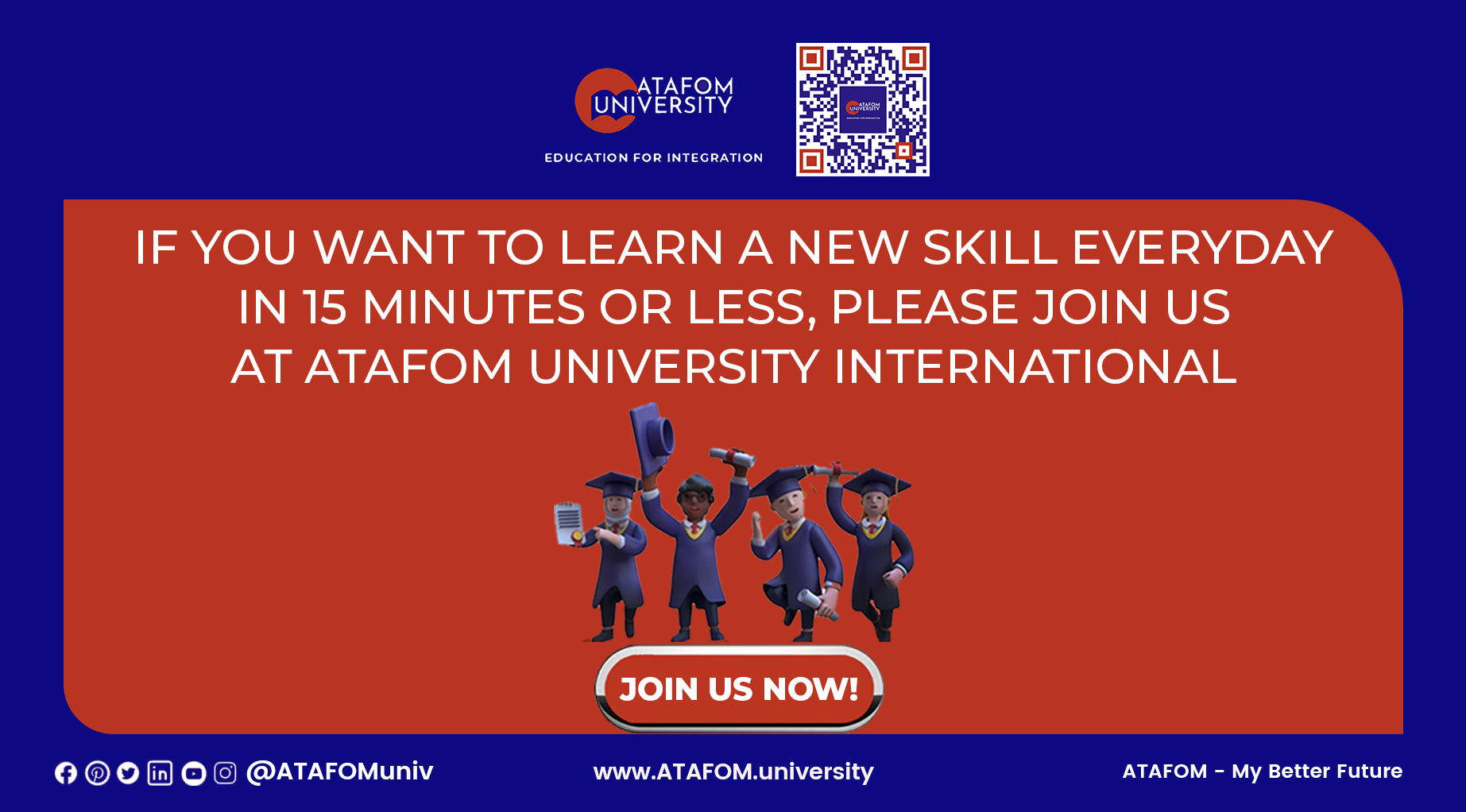We were taught as kids to learn something new every day. We participated in extracurricular activities, conducted experiments in the classroom, and joined activist and cultural organizations. Then, something took place: Adulthood (actually, being a grownup). We began to adopt routines – which some of us find unrewarding – that rarely change. According to Benedict Carey, author of the book How We Learn, “routine limits our brain’s ability to learn new skills and knowledge”. Although many might dispute this, it is a worrisome analogy because our happiness is dependent on our ability to learn new things. Some quick benefits of learning something new are:
- It increases your appeal to others.
- It can connect you with more people
- It increases your self-esteem
- It helps you lead by example
- It boosts your income
- It can help to locate a more rewarding job
- It empowers
- Your rate of learning will increase.
- Education sparks creativity
Long-term learning and short-term learning are two different types of learning. Your brain can still gain from everyday exposure to smaller nuggets of knowledge, even if you don’t want to start a huge project such as learning to play an instrument). Here are some techniques for doing that:
- Watch “Ted ED” – Ted Talks are renowned for featuring a broad range of subjects by forward-thinking individuals. With its entertaining video tutorials, Ted Ed advances learning. The topics cover everything from “how money laundering works” to “the scientific technique to cut a cake”.
- Learn Brain Games at “Lumosity” – You may play a fantastic selection of cognitive games at “Lumosity”, which was created by scientists and game creators. You might not learn a tangible truth, but your intellect will be pushed and grow!
- Follow “Curiosity” – A website called “Curiosity” encourages people to become smarter. They accomplish this by locating the most intriguing news on a range of subjects. You can access fascinating articles and videos by just clicking the subject you are interested in learning more about.
- Increase Your Word Power – In addition to being remarkable, having a big vocabulary improves your ability to communicate. Do you recall the novel 1984 and how, as a means of mind control, they began removing words from the language? That is the power of vocabulary, then! For easy word acquisition, the website Vocabulary.com has developed an adaptive learning game.
- Learn From “Highbrow” Via Email In Five Minutes A Day – Choose a topic from hundreds of options, and “Highbrow” will send a five-minute lesson to your mailbox every day. You can choose from a wide range of courses, each broken into 10 daily episodes, on topics including the arts, philosophy, entrepreneurship, marketing, personal development, productivity and travel hacks.
With the knowledge of the benefits we can get from learning something new, why must we learn something new for 15 minutes every day? You don’t have to devote 15 minutes a day to learning something new. It might be for 30 minutes, an hour, or even just five minutes each day. What is crucial is that you give learning new things a set amount of time each day and be responsible for your actions. The importance of the time-frame unit stems from the fact that when goals are broken down into manageable chunks, people are more likely to stay motivated and succeed.
Using particular approaches can speed up your learning process and help you reinforce skills. These include frequently challenging yourself, seeking out opportunities to obtain real-world experience, rewarding yourself, and mentoring others. Here are a few additional typical tactics:
- Dual coding is a technique that most frequently refers to placing visuals next to text. Alternatively, you could learn sign language as you study verbal language. It significantly reinforces learning when there are two alternative codes for the information.
- Association – Grouping concepts together aids in keeping relevant knowledge together in the mind. The foundational processes of cognition are categorization and sorting.
- Spacing – Cramming is this technique’s sworn enemy. If you prepare ahead of time, breaking up the material into manageable chunks and learning something gradually yields more reliable outcomes. Then you have the chance to genuinely relearn the facts you may have forgotten.
- Retrieval – After learning anything new, whether from a textbook or the internet, save the information and make an effort to recollect it later. Testing yourself involves interacting with the content without having it in front of you.
When knowledge is stored in long-term memory, learning is most effective. The easiest way to get there is by taking a few detours. Just find what works best for you by using trial and error! We would love to walk through the different stages with you. ATAFOM University International is not your usual learning system. We are not only interested in giving you the best education possible, but we also want you to develop holistically. Learn new skills, develop your talents, and hone in on your long-term vision. We are interested in helping make the best YOU there is. ATAFOM University International thrives on “Education for Integration” and “Education without Borders”. We look forward to training you through this exciting stage of life.


